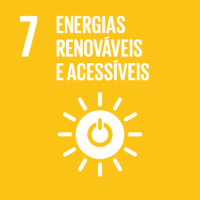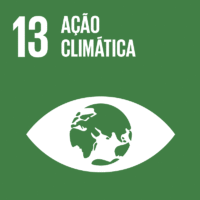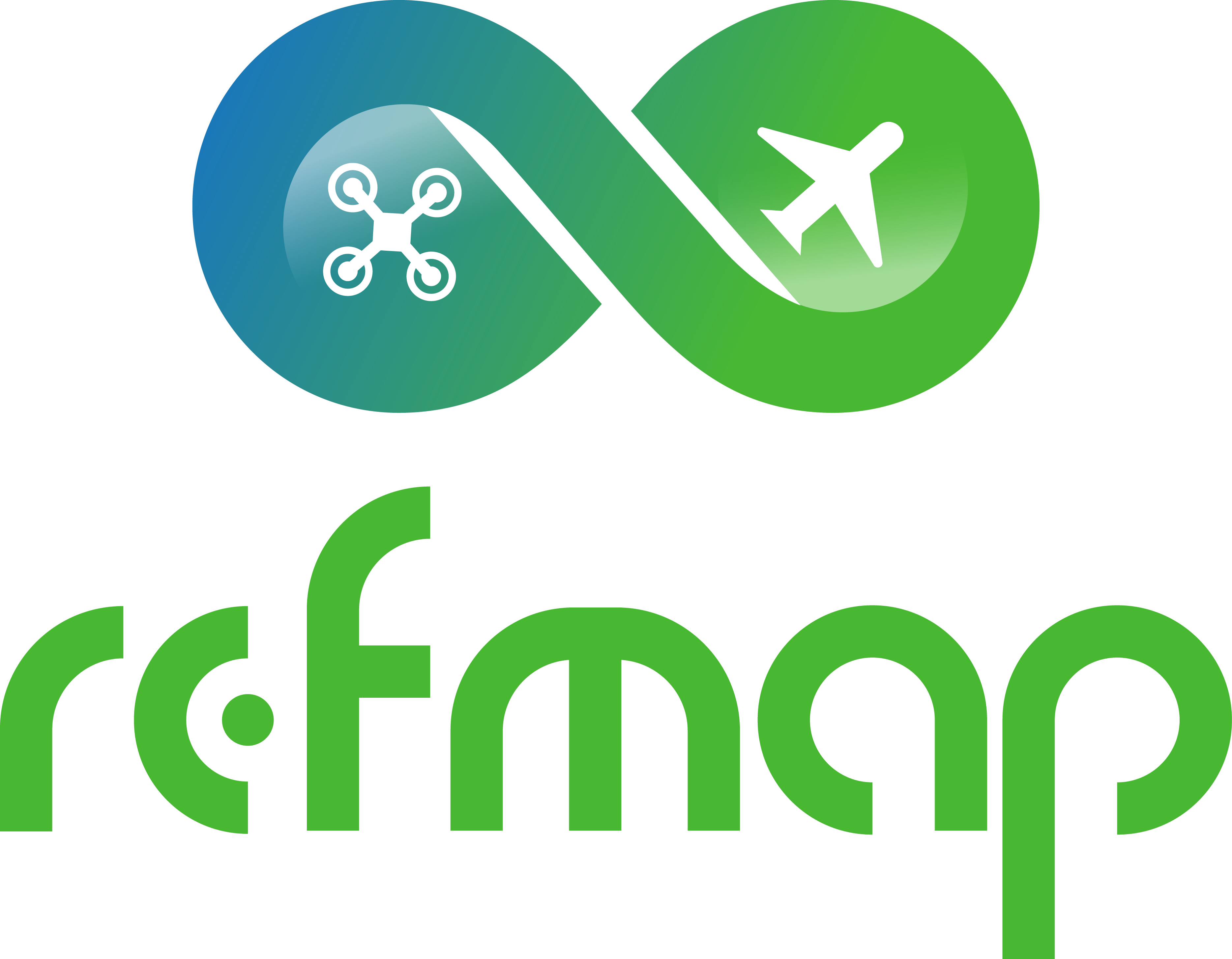The mission of RefMap is to develop a digital service aimed at quantifying the environmental footprints of air mobility for airliners and unmanned aircraft systems (UAS) at a "multi-scale" level, where single-trajectories (micro) and the flow traffic of multiple vehicles (macro) are optimised to minimise their environmental impact in a wide range of communities. RefMap investigates how the aviation business models will be affected by the availability of environmental data for each type and route of air vehicle, as this will enable stricter evidence-based Green policy making in the sector. This will be achieved via the development of the RefMap analytics platform processing environmental and weather data such as wind, noise, CO2 and non-CO2 emissions for both U-space and ATM. This platform will rely on a number of technical solutions, including numerical simulation, predictive models, and deep-learning methods. The latter will be used to construct accurate non-intrusive prediction frameworks and to optimize the trajectories of the various vehicles given the predicted flow conditions via deep reinforcement learning (DRL). These will enable the development of a new aviation business models aligned with EU’s Green Agenda.
By year 2040, international aviation emissions may rise up to 150% compared to 2020, with CO2 and NOx emissions estimated to increase by at least 21% and 16%, respectively. Thus, to meet the 2050 climate-neutral long-term strategy (aimed to reduce transport GHG (greenhouse gases) by 60% and to keep the planet average temperature increase below 1.5 degrees (w.r.t the preindustrial era), reducing both CO2 and non-CO2 aviation induced contributions is essential. Research is needed to drastically reduce the environmental impact (noise, local air quality and climate-change) of aviation, including both business-as-usual commercial aviation and new entrants such as smaller air vehicles that are electrically powered such as UAS. Ground-breaking AI techniques can be used to enable the quantification and (eventually) reduction of the environmental impact of aviation from a multimodal perspective while activating new business opportunities.
The combination of the climate, COVID-19, and energetic crises (the latter, derived from a geopolitical crisis) has accelerated a societal and political shift towards the need to develop a more digital, intermodal, and sustainable air transport. REFMAP approaches future scenarios where airliners will operate on an environment-neutral manner and share the skies with smaller air vehicles that are electrically powered (e.g. eVTOLs) and designed for broad purposes, such as freight UAS (Unmanned Aircraft Systems, commonly known as UAVs or drones). It is envisioned that through the optimization of climate friendly air transport, new aviation business models will arise in Europe, given the creation of new services and products.
RefMap aims to deploy high-performance accelerated AI methodologies that empower innovative prediction models in aviation. The final outcome will provide the first multi-scale, cloud-based service with information for air traffic optimisation and its derived minimised environmental footprint for the aviation sector. This service will enable other innovative digital aviation services and new associated business models. Several
stakeholders such as U-space service providers and ATM flight operators, aviation authorities, municipalities and private companies will benefit from the service, enabling more secure and environmentally friendly flights, more fine-tuned regulations, the development and planning of new standards for manufacturers, as well as innovative policies being able to better monitor and evaluate the impact of urban aviation on cities and their citizens.
| Centro de Investigação | Grupo de Investigação | Papel no Projeto | Data de Início | Data de Fim |
|---|---|---|---|---|
| BRU-Iscte | Grupo de Gestão | Parceiro | 2023-02-01 | 2026-01-31 |
| Instituição | País | Papel no Projeto | Data de Início | Data de Fim |
|---|---|---|---|---|
| KUNGLIGA TEKNISKA HOEGSKOLAN (KTH) | Suécia | Líder | 2023-02-01 | 2026-01-31 |
| TECHNISCHE UNIVERSITEIT DELFT (T.U. DELFT) | Países Baixos (Holanda) | Parceiro | 2023-02-01 | 2026-01-31 |
| AGENTFLY TECHNOLOGIES SRO (AFT) | República Checa | Parceiro | 2023-02-01 | 2026-01-31 |
| FUTURE NEEDS MANAGEMENT CONSULTING LTD (Future Needs ) | Chipre | Parceiro | 2023-02-01 | 2026-01-31 |
| UNIVERSIDAD CARLOS III DE MADRID (UC3M) | Espanha | Parceiro | 2023-02-01 | 2026-01-31 |
| SCIENCE AND TECHNOLOGY BV (S[&]T) | Países Baixos (Holanda) | Parceiro | 2023-02-01 | 2026-01-31 |
| INSTITUTE OF COMMUNICATION AND COMPUTER SYSTEMS (ICCS) | Grécia | Parceiro | 2023-02-01 | 2026-01-31 |
| Nome | Afiliação | Papel no Projeto | Data de Início | Data de Fim |
|---|---|---|---|---|
| Sofia Kalakou | Professora Auxiliar (DMOG); Investigadora Integrada (BRU-Iscte); | Coordenadora Local | 2023-02-01 | 2026-01-31 |
| Margarida Santos | Assistente Convidada (DMOG); Assistente de Investigação (BRU-Iscte); | Investigadora | 2023-02-01 | 2026-01-31 |
| Renato Pereira | Professor Auxiliar (com Agregação) (DMOG); Investigador Integrado (BRU-Iscte); | Investigador | 2023-02-01 | 2026-01-31 |
| Sofia Samoili | -- | Investigadora | 2023-02-01 | 2026-01-31 |
| Helena Almeida | Assistente de Investigação (BRU-Iscte); | Assistente de Investigação | 2023-11-13 | 2026-01-31 |
| Código/Referência | DOI do Financiamento | Tipo de Financiamento | Programa de Financiamento | Valor Financiado (Global) | Valor Financiado (Local) | Data de Início | Data de Fim |
|---|---|---|---|---|---|---|---|
| 101096698 | -- | Contrato | European Commission - HORIZON Research and Innovation Actions | 4034527 | 316564 | 2023-02-01 | 2026-01-31 |
Não foram encontrados registos.
Não foram encontrados registos.
Não foram encontrados registos.
Não foram encontrados registos.
Não foram encontrados registos.
Com o objetivo de aumentar a investigação direcionada para o cumprimento dos Objetivos do Desenvolvimento Sustentável para 2030 das Nações Unidas, é disponibilizada no Ciência_Iscte a possibilidade de associação, quando aplicável, dos projetos científicos aos Objetivos do Desenvolvimento Sustentável. Estes são os Objetivos do Desenvolvimento Sustentável identificados para este projeto. Para uma informação detalhada dos Objetivos do Desenvolvimento Sustentável, clique aqui.

 English
English





